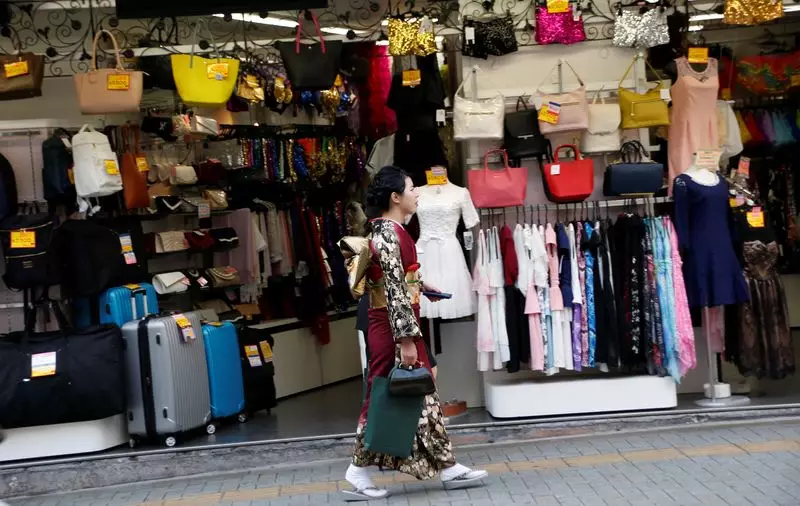Business sentiment among big Japanese non-manufacturers improved to a more than three-decade high in the first quarter, as shown by a recent central bank survey. This is a positive sign that domestic demand may support the country’s fragile economic recovery. However, the survey also revealed that big manufacturers’ sentiment soured for the first time in four quarters, partly due to disruptions in auto production.
The Bank of Japan (BOJ) will closely scrutinize the results of the tankan survey in its upcoming meeting on April 25-26. During this meeting, the BOJ is expected to release fresh quarterly growth and inflation forecasts. Market analysts are particularly interested in any indications regarding the timing of potential interest rate hikes by the BOJ, especially after the recent exit from its massive stimulus program.
The headline sentiment index for big manufacturers stood at +11 in March, down from +13 in December, which was slightly lower than the market forecast. On the other hand, the index for big non-manufacturers improved to +34 in March, exceeding expectations by a small margin. This was the highest reading since 1991, driven by factors such as a surge in inbound tourism and corporate profit boosts from price increases.
Big firms in Japan expect to increase capital expenditure by 4.0% in the upcoming fiscal year, which is significantly lower than median forecasts. Both big manufacturers and non-manufacturers anticipate worsening conditions in the next three months. Concerns include global economic uncertainty and the potential for rising labor costs due to a tight job market.
Japan’s economy narrowly avoided a technical recession in the final quarter of last year, thanks to robust capital expenditure offsetting weaknesses in consumption. However, analysts predict minimal growth in the first quarter of this year, citing rising living costs and disruptions in auto production as contributing factors. The sustainability of Japan’s economic recovery hinges on business sentiment and corporate spending trends.
Despite the BOJ’s recent decision to end negative interest rates, market expectations suggest that any future rate hikes will be gradual. This sentiment has put pressure on the yen and briefly pushed it to a 34-year low against the dollar. The central bank’s ability to raise interest rates again will heavily rely on the strength of Japan’s economy and the outlook for business conditions.
The recent data on business sentiment in Japan indicates a mixed outlook for the economy. While non-manufacturers show an optimistic trend, manufacturers are more cautious due to production disruptions. The BOJ will need to carefully assess these findings to determine the appropriate course of action regarding interest rate policy and economic stimulus measures.

